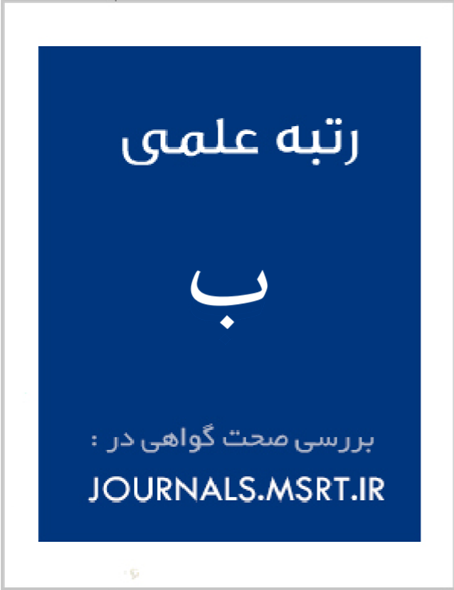Discourse Analysis of Moral Justice in Social Jurisprudence: A Historical Discourse Analysis Approach
Keywords:
Moral justice, social jurisprudence, historical discourse analysis, ethical rationality, reconstruction of Islamic lawAbstract
This study aims to explore the dimensions of the discourse on moral justice in Islamic social jurisprudence through a historical discourse analysis approach, examining its formation, development, and representation in socio-theological contexts. This qualitative study employed historical discourse analysis. Data were collected through 23 semi-structured interviews with scholars and seminary teachers in Tehran, selected through purposive sampling until theoretical saturation was reached. Thematic coding and analysis were conducted using NVivo software based on inductive and deductive strategies. The analysis revealed three main thematic categories: the historical-philosophical origins of moral justice in jurisprudence, the representation of justice in social relations, and the challenges and requirements for reconstructing the discourse. Subthemes included the role of scripture and tradition, justice in economic, judicial, and gender domains, and the need for ethical rationality and renewed interpretive methodology. Participants emphasized the necessity of educational and methodological reforms to re-center justice within the juristic discourse. Moral justice in Islamic jurisprudence is a dynamic and discourse-bound concept, historically shaped and contextually reinterpreted. Reconstructing this discourse demands integrating practical reason, human dignity, and revised jurisprudential methodology to enable Islamic law to meaningfully engage with modern notions of social justice.
Downloads
Downloads
Published
Submitted
Revised
Accepted
Issue
Section
License

This work is licensed under a Creative Commons Attribution-NonCommercial 4.0 International License.


